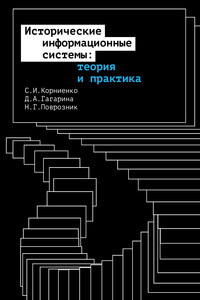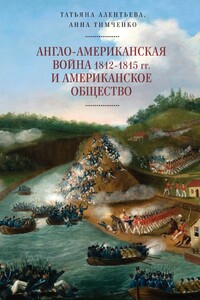Английский язык для специальных и академических целей: Международные отношения и зарубежное регионоведение. Часть 1 | страница 8
It cannot be denied, however, that the imperial legacy has shaped the modern world so profoundly that we almost take it for granted. Without the spread of British rule around the world, it is hard to believe that the structures of liberal capitalism would have been so successfully established in so many different economies around the world. Without the influence of British imperial rule, it is hard to believe that the institutions of parliamentary democracy would have been adopted by the majority of states in the world, as they are today. India, the world's largest democracy, owes more than it is fashionable to acknowledge to British rule. Its elite schools, its universities, its civil service, its army, its press and its parliamentary system all still have discernibly>4> British models. Finally, there is the English language itself, perhaps the most important single export of the last 300 years. Today 350 million people speak English as their first language and around 450 million have it as a second language. That is roughly one in every seven people on planet.
Of course no one would claim that the record of the British Empire was unblemished>5>. On the contrary, I have tried to show how often it failed to live up to its own ideal of individual liberty, particularly in the early era of enslavement, transportation and the ‘ethnic cleansing' of indige-nous>6> peoples. Yet the nineteenth-century Empire undeniably pioneered free trade, free capital movements and, with the abolition of slavery, free labour. It invested immense sums in developing a global network of modern communications. It spread and enforced the rule of law over vast areas. Though it fought many small wars, the Empire maintained a global peace unmatched before or since. In the twentieth century too it more than justified its existence, for the alternatives to British rule represented by the German and Japanese empires were clearly far worse. And without its Empire, it is inconceivable that Britain could have withstood them.
Unit I. UK: from Empire to Democracy
Unit I. UK: from Empire to Democracy
There would certainly not have been so much free trade between the 1840s and the 1930s had it not been for the British Empire. Relinquishing



